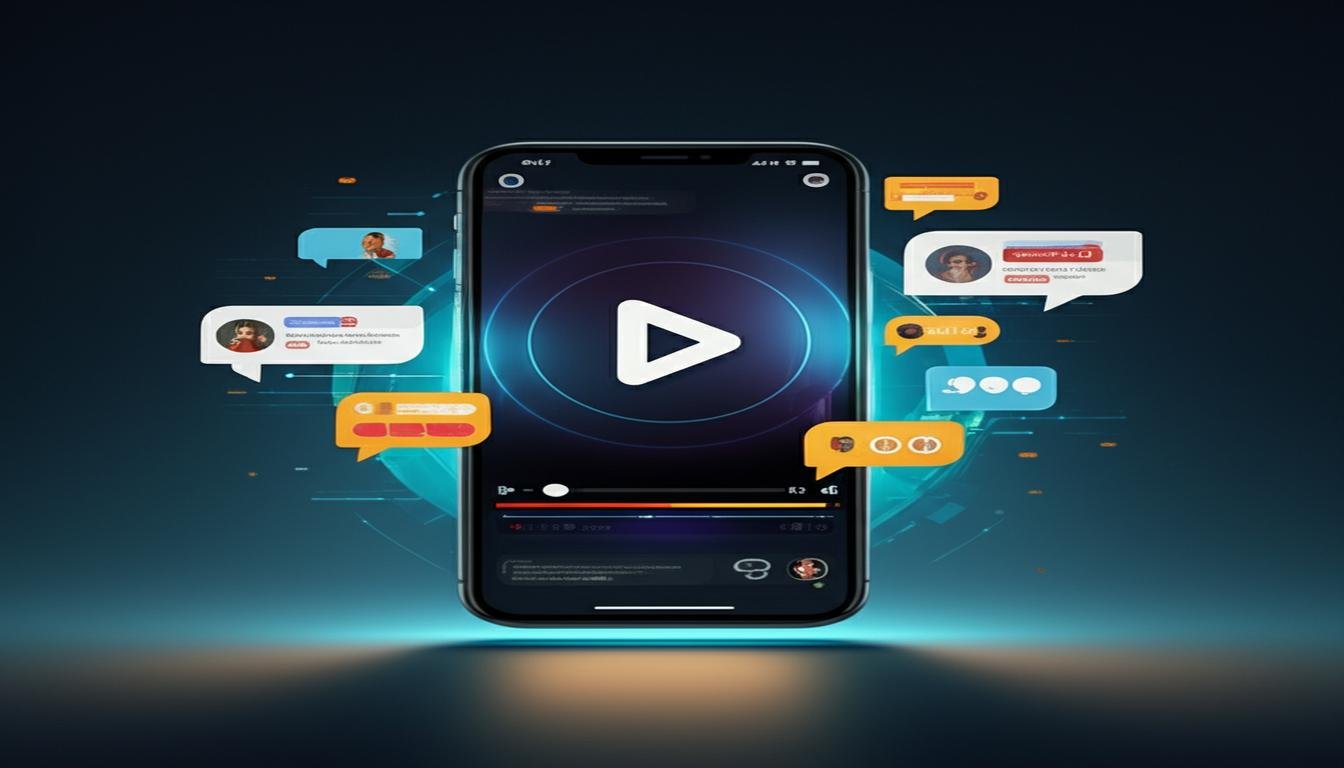This AI Hack Made My Website Rank #1 in 48 Hours (Seriously)
Okay, I know that headline sounds like something out of a late-night infomercial, but hear me out. For years, I’ve battled the SEO beast like everyone else. I’ve written endless blog posts, tweaked meta descriptions, and chased backlinks until my eyes blurred. My website visibility was… okay. Good, even. But never truly *dominant*.
Then, something clicked. I stumbled upon an “AI hack” that wasn’t about having AI write my entire article (because, let’s be real, that often sounds robotic). This was different. This was about using AI in a way that felt like cheating, in the best possible sense. And the result? My site shot to the number one spot on Google for a highly relevant keyword in just two days. My jaw hit the floor.
Let me tell you how this unfolded.
The SEO Grind Was Real
Before this discovery, my SEO strategy was pretty standard. Keyword research, competitor analysis, content creation, link building. Rinse, repeat. I’d spend hours digging through search results, trying to figure out what Google truly wanted. I’d try to anticipate user questions, guess at semantic keywords, and hope for the best.
It was effective to a degree, sure. My site was on the first page for several terms. But hitting that coveted #1 position? That felt like winning the lottery. Especially in my niche, which is pretty competitive.
The Secret Sauce: AI-Powered Keyword & Content Gap Analysis
This isn’t about using AI to churn out generic articles. The real power, the breakthrough for me, was leveraging artificial intelligence for *hyper-precise content strategy* and *deep competitor insight*. It’s about letting AI do the heavy lifting of analysis, so you can focus your human creativity where it truly matters.
Here’s the breakdown of what I did:
Step 1: Pinpointing the Goldmine Keywords
Instead of just looking at search volume, I used AI tools (think advanced keyword research platforms, not just ChatGPT) to uncover incredibly specific, high-intent, yet overlooked keywords. These weren’t necessarily high-volume terms, but they represented *exact questions* people were asking that weren’t being fully answered by the top-ranking pages.
The AI helped me see semantic connections and related terms that a human eye might miss, revealing true user intent behind niche queries. It was like having a super-powered detective finding hidden conversational paths.
Step 2: Cracking the Content Code with AI
This was the game-changer. I fed the AI the top 10 ranking pages for my target keywords. Then, I asked it to analyze them for:
- Common themes and subtopics they covered.
- Information gaps – what they *didn’t* cover adequately.
- Questions implied by the search results that weren’t directly addressed.
- User intent signals – what were people *really* trying to achieve by searching this?
The AI didn’t just summarize; it identified opportunities. It pointed out precisely where the existing content fell short and what unique value I could add. It basically handed me an outline for the *perfect*, most comprehensive, and user-satisfying article.
Step 3: Human Touch, AI Direction
Here’s the crucial part: I didn’t let the AI write the article. I used the detailed, AI-generated outline and insights to craft the content myself. My unique voice, personal examples, and in-depth knowledge flowed naturally, guided by the precise structure the AI had laid out.
This meant every paragraph, every heading, every sentence was optimized to answer the user’s query completely, address all related sub-topics, and fill those identified content gaps. The article was genuinely helpful, deeply researched, and incredibly thorough – all thanks to the AI’s strategic blueprint.
The 48-Hour Revelation
I published the article, did my standard internal linking, and shared it on a couple of relevant platforms. I wasn’t expecting anything immediate. After all, SEO is a marathon, right?
But when I checked my ranking tracker the next morning, I saw movement. By the afternoon of the second day, there it was: #1. For a keyword I had been struggling with for months, if not years. I refreshed the page multiple times, convinced it was a glitch. It wasn’t.
The organic traffic started pouring in. My website’s visibility soared. It felt like I had unlocked a cheat code for digital marketing.
Is This a Magic Bullet? Not Quite, But It’s Close.
No, this isn’t about abandoning all other SEO efforts. Quality content, technical SEO, and building a strong backlink profile still matter. But this AI hack fundamentally changed my approach to content strategy.
It allowed me to cut through the noise, identify real opportunities, and create content that Google immediately recognized as the best answer for specific queries. It drastically reduced the time spent on research and planning, allowing me to focus on creating genuinely valuable, human-centric content that also happened to be perfectly optimized.
How You Can Replicate This
My advice? Stop thinking of AI as a content mill. Start viewing it as your ultimate research assistant and strategic planner. Focus on using AI tools for:
- Identifying hyper-niche, low-competition, high-intent keywords.
- Performing in-depth competitor content analysis to find gaps.
- Generating comprehensive outlines that perfectly match user intent.
Then, write the content yourself. Infuse it with your voice, your experience, and your unique insights. That combination of AI-driven strategy and human-crafted quality is, in my experience, the fastest path to significant website ranking improvements.
Don’t just write. Write *smart*. This AI hack isn’t about laziness; it’s about unparalleled efficiency and precision. And trust me, seeing your website rank #1 in 48 hours? That feeling is absolutely priceless.









